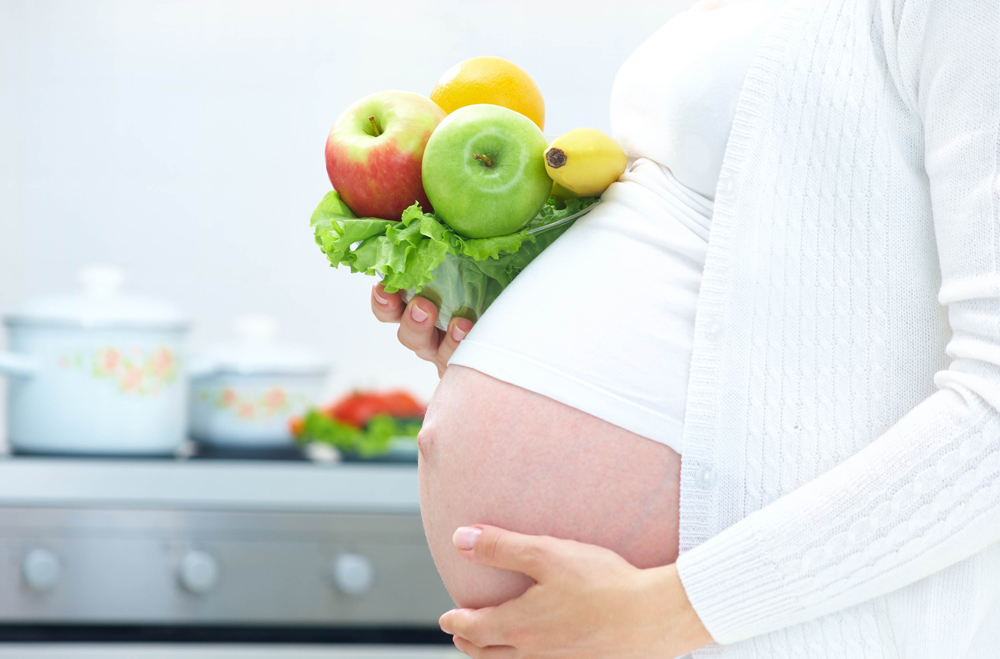By Dr Tony Tan
Simply put, gestational diabetes mellitus is the state of high blood glucose that can occur in pregnant women and it usually occurs in the third trimester. It is also more common than you would imagine, with nearly 20 to 25 per cent of pregnant women in Singapore possibly having gestational diabetes.
So, which groups are more susceptible to gestational diabetes?
According to the International Federation of Gynecology and Obstetrics and the World Health Organization, women are more likely to have gestational diabetes if they are:
- Older than 35
- Have a BMI that exceeds 25
- Have had multiple pregnancies
- Have a positive family history of gestational diabetes
- Have a large gestational age fetus
- Had gestational diabetes during previous pregnancies
Gestational diabetes can have devastating consequences if not controlled properly. It is linked to an increased necessity of interventions such as caesarean section (C-section), induction of labour and an increased rate of forceps- or vacuum-assisted vaginal deliveries. It is also associated with increased rates of stillbirth, jaundice and hypoglycaemia soon after birth.
The good news is that pregnancy-induced diabetes will disappear after the birth of your child. However, there is a higher chance of developing frank diabetes later on in life, or an increase in body weight.
Prevention methods
Unfortunately, there are no signs and symptoms for gestational diabetes mellitus but mums-to-be should go for routine blood tests to check for gestational diabetes at 24-28 weeks of pregnancy.
To prevent gestational diabetes, mummies-to-be should:
- Have a BMI that is lower than 25 before pregnancy;
- Reduce weight gain during pregnancy; and
- Exercise regularly during pregnancy
If you have been diagnosed with gestational diabetes, you should:
- Follow a strict diet with carbohydrate consumption;
- Perform random blood glucose checks before and after meals; and
- Exercise regularly
Your doctor may also have given you medication and insulin as required, based on your condition.
Dr Tony Tan is an obsterician and gynaecologist at Raffles Hospital who specialises in the management of high risk pregnancies. He is a past President of Obstetrical and Gynaecological Society of Singapore (OGSS) and the current chairman of Maternal Fetal Medicine Committee, Asia & Oceania Federation of Obstetrics and Gynaecology (AOFOG).
Click here to read about places where you can find low sugar treats in Singapore.



